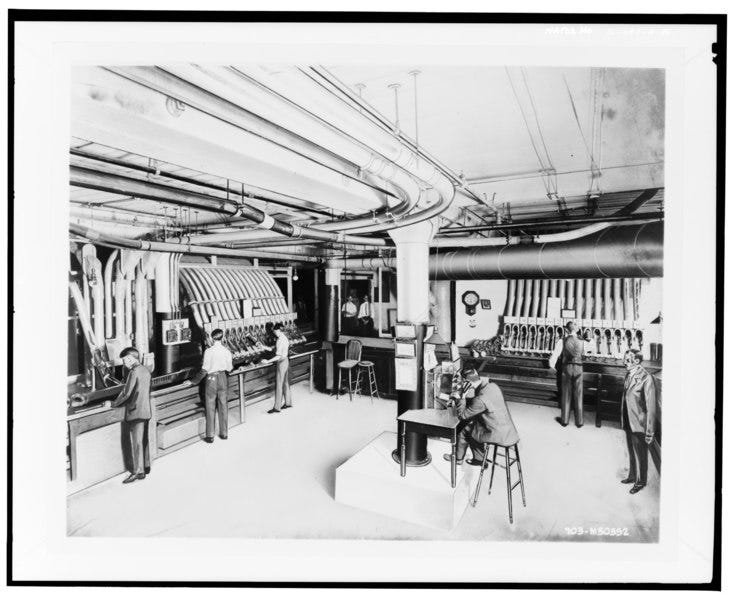How to write when you're not writing
A simple method for working with the unconscious
The way I write has changed since having kids. With less time, energy, and wits to work with, I’ve had to do some reconfiguring of what my writing life looks like. And while I knew this would be the case, feared it even, I told myself I could become one of those 5am people. You know the type—up before dawn to get a few unbothered hours in. Writing done, I could start the day, shiny in the knowledge that I had tended to this one un-negotiable part of myself…
Ha! Each time I’ve attempted this, my children—attuned to my early rising like labradors to the clatter of kibble into a bowl—decide to rise early too. Suddenly, not only am I not writing, but we’re having a 5am party.
But recently, a rhythm has returned. When all goes well, I write for three hours, three times a week. And it feels good. It feels productive. The main issue I face is the gap between sessions. When real life is so loud (and boy is it loud these days), I often arrive back at my desk feeling disconnected from the work, unable to find the port to plug back in.
This got me thinking about how I can write when I’m not at my desk. How can I keep the story ticking along in the background, even when I’m not tending to it directly?
A simple technique I’ve found hugely helpful involves taking a moment at the end of each writing session to pass the baton from my conscious brain to my unconscious, as though the latter is a colleague—or team of colleagues—with whom I’m job-sharing.
As I picture it, the unconscious is a sprawling underground command centre - like one of those WWII hubs, buzzing with people, chirruping phones and Victory rolls. This covert team works behind the scenes to make connections, sort and catalogue memories, and problem solve with Holmesian tenacity.
But here’s the catch. Unless we set-up some sort of line of communication to our unconscious, much of that behind-the-scenes rigour and vigour remains out of our conscious reach.
In his book, Inner Work, Robert A Johnson writes: “We have to learn how to go to the unconscious and become receptive to its messages: it is the only way to find the unknown parts of ourselves.”
Fortunately, this can be as simple as asking the unconscious a question.

This is hardly a new concept. My father-in-law, a retired farmer, once said if there’s a problem he needs to solve, he asks himself what to do before he goes to sleep and he’ll generally wake up with an answer.
A similar method can be applied to writing. Before I finish each session, I form a question or series of questions I’ll need to tackle next. I write them in my notebook before putting them out of my mind. A few days later, when I return to my desk, an answer is usually queued up, waiting.
It’s almost mechanical the way it plays out, like a message sent back and forth by pneumatic tube. That’s the power of the unconscious. It’s reliably, brilliantly at your service. It wants to help—it’s a helping machine. You simply need ask.
I’d love to hear if you have any tips and tricks for working with the unconscious. Leave a comment or reply to this email.
Wishing you a good week in words
Susie x



Such a helpful and magical method — thank you for your insight, Susie! ❤️
Love this, Susie! What a powerful thing to use both in writing and life ✨